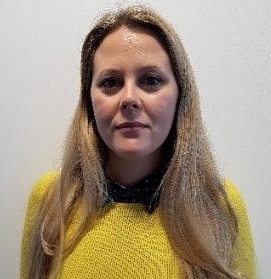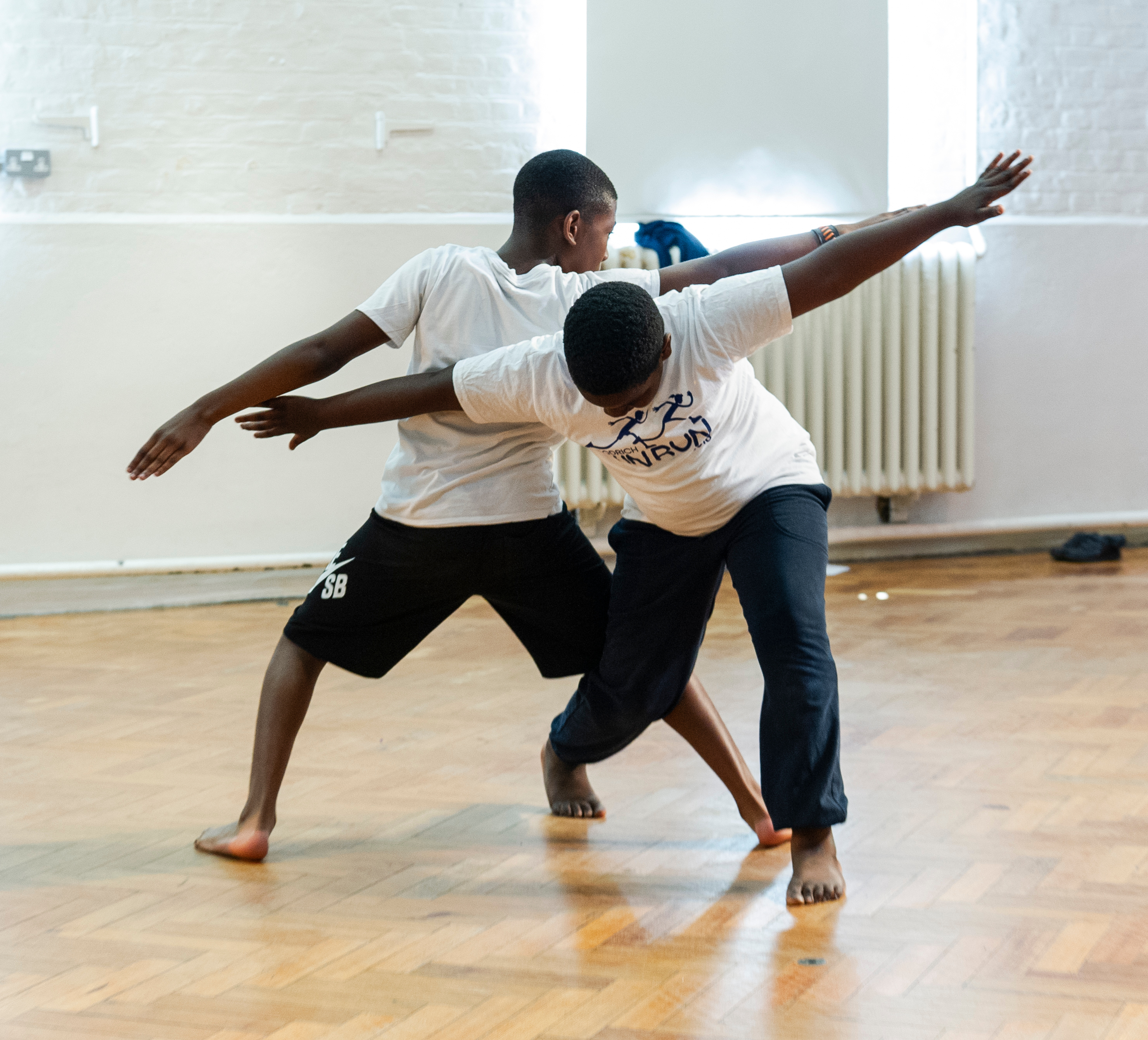
Promoting creativity in The Traveller community
BY: Layne Harrod
19 Nov 2018
We love hearing about all the wonderful work our advisers do on a daily basis to promote Arts based learning. This week we are looking at how the Arts Award qualification can be delivered outside mainstream settings, by discovering the impact of Arts Award in the Traveller community.
Layne Harrod, Sector Support Manager – Arts & Youth, speaks to Paul Boucher, Director of Lincolnshire Traveller Initiative, to find out more about delivering Arts Award within his organisation.
Layne: Your organisation Lincolnshire Traveller Initiative has been delivering Arts Award with young people for eight years now, can you please tell us a bit more about your approach?
Paul: As an alternative education provider we work with groups of all sizes, from individuals and small groups to larger parties. We offer the qualification to a wide range of young people and the age range can vary from six to 16. The levels of ability we cater to are equally varied and so our approach also has to be varied. We offer Arts Award as a qualification to all the young people we have regular contact with.
 On one occasion we had a group of ten young people designing and making outfits for a fashion show which was to take place alongside mainstream schools. Of course, designing and creation of clothes and accessories is an art form in itself. However to support the element of experiencing an event we took the participants to Clothes Show Live at the National Exhibition Centre. At the event they bore witness to a professional catwalk with accompanying music and lighting. In this instance our delivery was built around a central arts activity, experienced by the whole group.
On one occasion we had a group of ten young people designing and making outfits for a fashion show which was to take place alongside mainstream schools. Of course, designing and creation of clothes and accessories is an art form in itself. However to support the element of experiencing an event we took the participants to Clothes Show Live at the National Exhibition Centre. At the event they bore witness to a professional catwalk with accompanying music and lighting. In this instance our delivery was built around a central arts activity, experienced by the whole group.
On other occasions, our Arts Award practice has grown out of a curriculum topic. An example of this includes exploring the origins of art, from cave paintings to the modern sculptures as part of our focus on Art Evolution. We taught this to individuals and small groups across Lincolnshire.
Layne: What would you say are the benefits of delivering Arts Award to your organisation?
Paul: We love Arts Award for many reasons. We teach a lot of vocational programmes to help prepare our students for further education or employment. The young people we work with are very enthusiastic about creative activities and therefore particularly enjoy Arts Award. Arts Award provides an accredited qualification for something they love doing, helping us achieve our aim of gaining accredited qualifications for as many of our young Travellers as possible.
We love the flexibility the award has to offer; it’s not time limited or bound by hard and fast rules. They get pride in achieving the qualification, we get recognition and credibility for delivering it. It’s a win-win situation!
Layne: Do you think Arts Award offers any advantages to the wider community, for example, parents and guardians?
Paul: Arts Award deserves a rightful place alongside other qualifications when it comes to recording and recognising the efforts made by a young person. When we organise a presentation of Arts Award certificates, the pride in the beaming faces of parents speaks for itself!
Layne: Can you tell us about an arts experience that has inspired you?
Paul: I remember years ago I went to an exhibition of Andy Warhol’s work in Amsterdam. This was when he was still the new kid on the block. Most of the people I was with seemed either bored, dismissive or disparaging but I remember feeling excited by the originality of the work. As I walked through a maze of Brillo Soap Pad boxes, I was laughing inside at the nerve and the ingenuity of the man!
I have carried this view of artistic creativity with me ever since. This is what I feel when I am working with young people to help them bring their vision to life, motivating them with words of encouragement to reaffirm that anything is possible.
Layne: How does delivering Arts Award shape the work that you do within your organisation?
Paul: When setting out on an Arts Award journey with a young person or group of young people, it is often not clear where it will lead. What’s equally unclear is how many other young people will get picked up along the way. The excitement and enthusiasm is infectious and soon you find many more wanting to be part of the project, turning it into a rolling snowball.
We report on Arts Award activity in our annual reports, laying claims to the qualification being an important part of our offer to the young people we work with. This has been the case for some years now and will undoubtedly be the case for years to come.
Layne: What do you think the importance of Arts Award is for the young people that you work with?
Paul: Arts Award allows young people to express themselves, to create, to push boundaries, to take control and above all to have fun. None of the young people that we work with are a captive audience, none of them have to complete the award and yet once we start we struggle to maintain a balance when it comes to other subject areas.
Layne: What do you get out of being an Arts Award adviser?
Paul: As an Arts Award adviser you support your students, almost the same way that you would support your favourite football team. You stand alongside them, you want the best for them, you share their experiences as if they were your own…Most importantly of all, their success provides a rush of euphoria, similar to the feeling you experience when your team scores a goal. Being an Arts Award adviser is fun, creative and immensely satisfying because all along you know the outcome is worth the effort.
For more on how advisers approach delivery in their organisation, check out some of our previous blogs. And if you’re interested in becoming and adviser visit www.artsaward.org.uk/training and book a place on one of our training sessions.
Related posts
BY: Natalie Christopher
BY: Layne Harrod
BY: Guest Writer




Comments & Replies